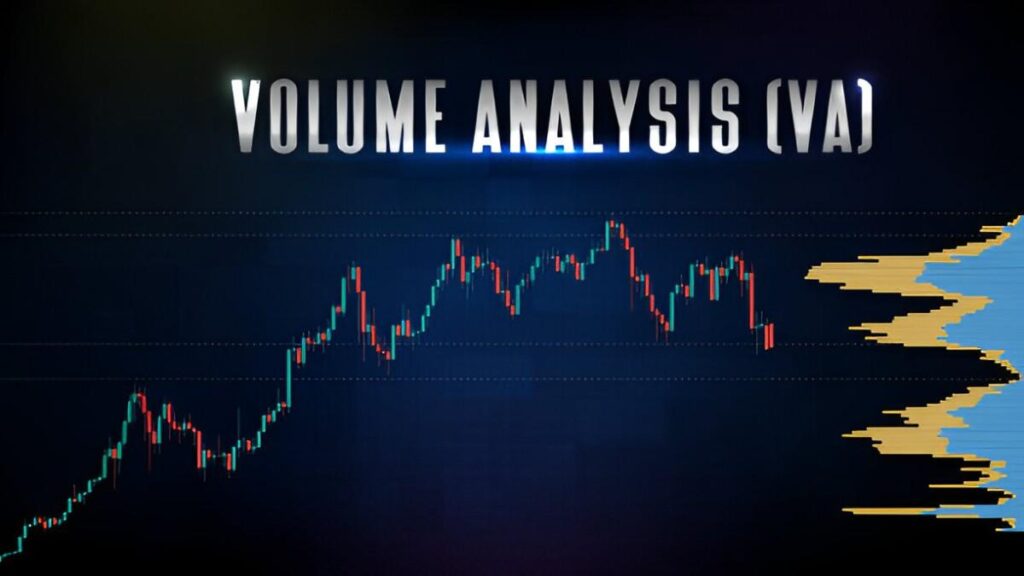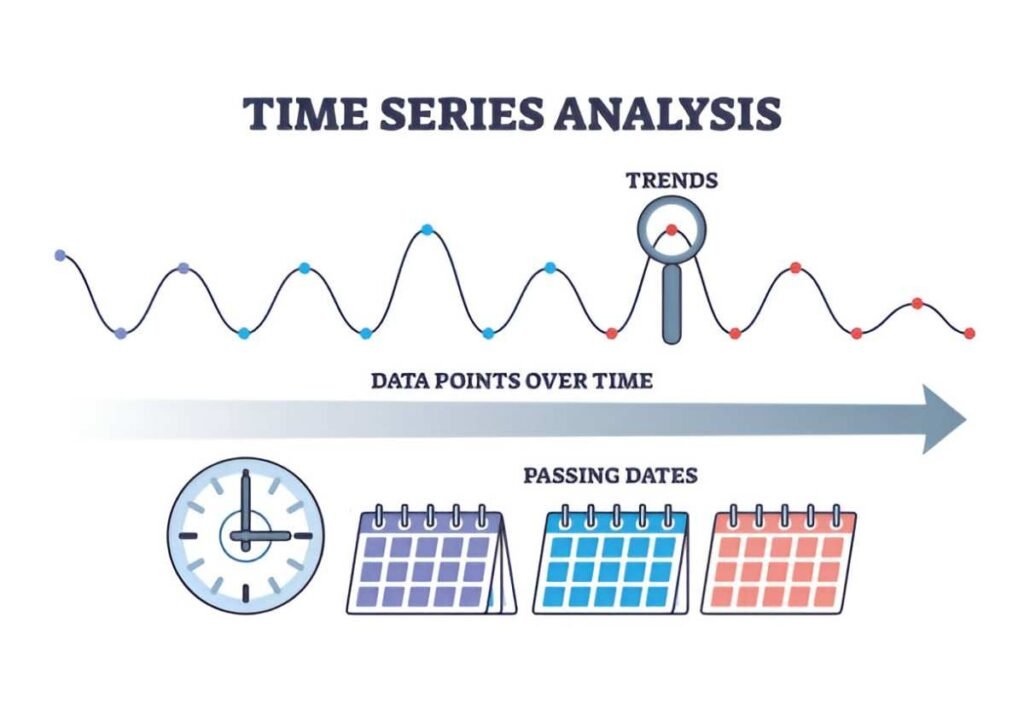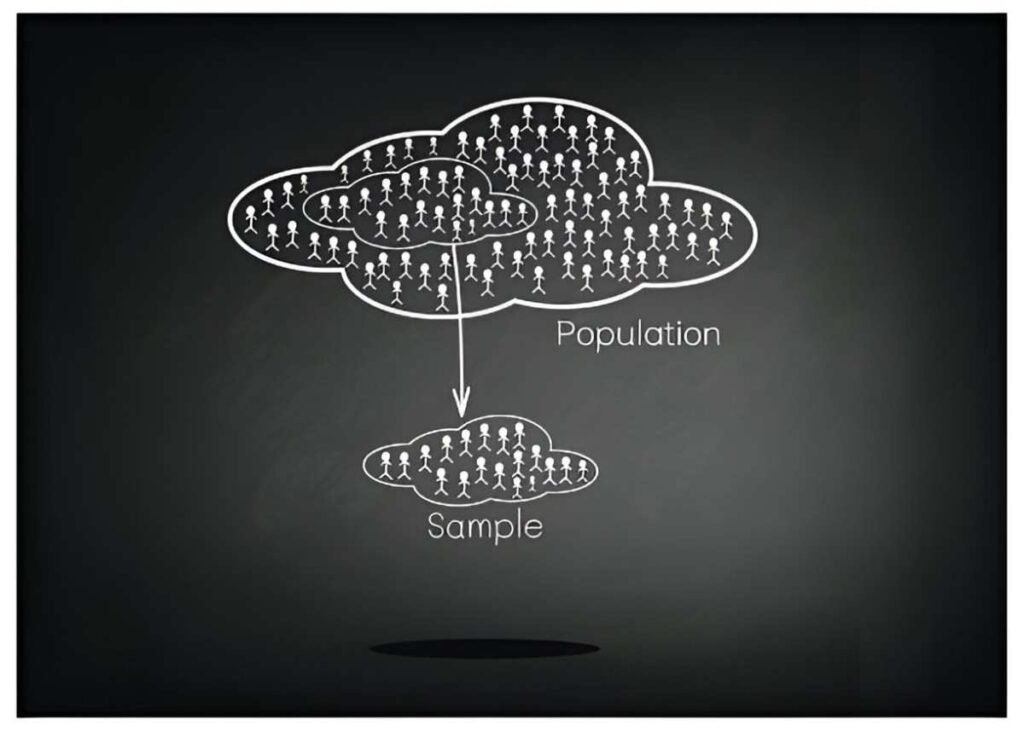Forecasting is the backbone of decision-making in finance and accounting. Whether I’m planning a budget, assessing market trends, or evaluating investment opportunities, accurate predictions are critical. While quantitative forecasting relies on numerical data and mathematical models, qualitative forecasting techniques offer a different approach. These methods focus on expert opinions, market intuition, and subjective judgments. In this article, I’ll explore qualitative forecasting techniques in depth, explain their applications, and demonstrate how they can complement quantitative methods.
Table of Contents
What Are Qualitative Forecasting Techniques?
Qualitative forecasting techniques are methods that rely on human judgment, expertise, and intuition rather than numerical data. These techniques are particularly useful when historical data is scarce, unreliable, or irrelevant. For example, when launching a new product or entering an emerging market, I might not have enough historical data to rely on quantitative methods. In such cases, qualitative techniques become indispensable.
Key Characteristics of Qualitative Forecasting
- Subjective Nature: These methods depend on the opinions and insights of experts or stakeholders.
- Flexibility: They can adapt to unique or unprecedented situations.
- Non-Mathematical: Unlike quantitative methods, they don’t rely on complex formulas or algorithms.
- Scenario-Based: They often involve creating multiple scenarios to account for uncertainty.
Common Qualitative Forecasting Techniques
I’ll now delve into the most widely used qualitative forecasting techniques, explaining how they work and when to use them.
1. Delphi Method
The Delphi Method is a structured communication technique that relies on a panel of experts. The process involves multiple rounds of questionnaires, with feedback provided after each round. The goal is to reach a consensus without the experts meeting face-to-face, which reduces bias.
Steps in the Delphi Method
- Select Experts: Choose a diverse group of experts with relevant knowledge.
- First Round Questionnaire: Ask open-ended questions to gather initial opinions.
- Analyze Responses: Summarize the responses and identify common themes.
- Second Round Questionnaire: Share the summary with the experts and ask them to revise their opinions.
- Repeat: Continue the process until a consensus is reached.
Example
Suppose I’m forecasting the adoption rate of a new financial technology (fintech) product. I might ask experts to estimate the percentage of consumers who will adopt the product within the first year. After several rounds, the experts converge on a consensus estimate of 25%.
2. Market Research
Market research involves gathering data directly from potential customers through surveys, focus groups, or interviews. This technique is particularly useful for understanding consumer preferences and behavior.
Steps in Market Research
- Define Objectives: Clearly outline what I want to learn.
- Design Survey: Create questions that align with my objectives.
- Collect Data: Distribute the survey to a representative sample.
- Analyze Results: Identify trends and insights from the responses.
Example
If I’m launching a new budgeting app, I might conduct a survey to understand how much users are willing to pay for premium features. The results could show that 60% of respondents are willing to pay up to $10 per month.
3. Scenario Writing
Scenario writing involves creating detailed narratives about possible future events. These scenarios help me explore different outcomes and prepare for uncertainty.
Steps in Scenario Writing
- Identify Key Drivers: Determine the factors that will influence the future.
- Develop Scenarios: Create multiple scenarios based on different assumptions.
- Analyze Implications: Assess the impact of each scenario on my business.
Example
Imagine I’m forecasting the impact of a potential recession on my company’s revenue. I might create three scenarios: mild recession, moderate recession, and severe recession. Each scenario would include assumptions about consumer spending, unemployment rates, and interest rates.
4. Expert Opinion
Expert opinion involves consulting individuals with specialized knowledge or experience. This technique is often used when data is limited or when I need insights into complex issues.
Steps in Using Expert Opinion
- Identify Experts: Choose individuals with relevant expertise.
- Gather Input: Ask for their opinions on the topic.
- Synthesize Information: Combine the insights to form a forecast.
Example
If I’m forecasting the future of cryptocurrency regulation, I might consult legal experts, economists, and industry leaders. Their combined insights could help me predict how regulations might evolve over the next five years.
Comparing Qualitative and Quantitative Forecasting
While qualitative forecasting techniques are valuable, they are not a replacement for quantitative methods. Instead, they complement each other.
| Aspect | Qualitative Forecasting | Quantitative Forecasting |
|---|---|---|
| Data Used | Expert opinions, market research | Historical data, mathematical models |
| Flexibility | High | Low |
| Accuracy | Subjective | Objective |
| Best Use Cases | New products, emerging markets | Stable environments, historical trends |
Advantages of Qualitative Forecasting
- Handles Uncertainty: Qualitative methods are ideal for situations with high uncertainty.
- Incorporates Human Insight: They leverage the expertise and intuition of knowledgeable individuals.
- Adaptable: These methods can be tailored to unique situations.
Limitations of Qualitative Forecasting
- Subjectivity: The results depend on the opinions of individuals, which can introduce bias.
- Time-Consuming: Techniques like the Delphi Method can be lengthy.
- Lack of Precision: Unlike quantitative methods, qualitative forecasts are not numerically precise.
Combining Qualitative and Quantitative Methods
In practice, I often combine qualitative and quantitative forecasting techniques to achieve the best results. For example, I might use quantitative methods to analyze historical data and qualitative methods to adjust for future uncertainties.
Example
Suppose I’m forecasting sales for a new product. I could use historical sales data from similar products (quantitative) and adjust the forecast based on expert opinions about market trends (qualitative).
Mathematical Expressions in Forecasting
While qualitative forecasting doesn’t rely on complex mathematics, understanding basic concepts can enhance my analysis. For example, I might use weighted averages to combine expert opinions.
The formula for a weighted average is:
\bar{x} = \frac{\sum_{i=1}^{n} w_i x_i}{\sum_{i=1}^{n} w_i}Where:
- \bar{x} is the weighted average.
- w_i is the weight assigned to the i^{th} expert.
- x_i is the forecast provided by the i^{th} expert.
Example Calculation
Suppose I have three experts with the following forecasts and weights:
| Expert | Forecast (x_i) | Weight (w_i) |
|---|---|---|
| A | 30% | 0.5 |
| B | 40% | 0.3 |
| C | 20% | 0.2 |
The weighted average would be:
\bar{x} = \frac{(0.5 \times 30) + (0.3 \times 40) + (0.2 \times 20)}{0.5 + 0.3 + 0.2} = \frac{15 + 12 + 4}{1} = 31\%Real-World Applications
Qualitative forecasting techniques are widely used across industries. Here are a few examples:
1. Finance
In finance, I might use qualitative methods to predict market trends or assess the impact of regulatory changes. For example, if I’m managing a portfolio, I could consult industry experts to forecast the performance of specific sectors.
2. Accounting
In accounting, qualitative forecasting can help me estimate future revenues or expenses. For instance, if I’m preparing a budget, I might use expert opinions to predict changes in labor costs.
3. Marketing
In marketing, qualitative methods are invaluable for understanding consumer behavior. For example, I might conduct focus groups to gauge interest in a new advertising campaign.
Conclusion
Mastering qualitative forecasting techniques is essential for making informed decisions in finance and accounting. While these methods rely on human judgment rather than numerical data, they offer unique advantages in situations where historical data is lacking or unreliable. By combining qualitative and quantitative techniques, I can create more accurate and robust forecasts. Whether I’m launching a new product, entering a new market, or preparing for economic uncertainty, qualitative forecasting provides the insights I need to navigate complex challenges.





